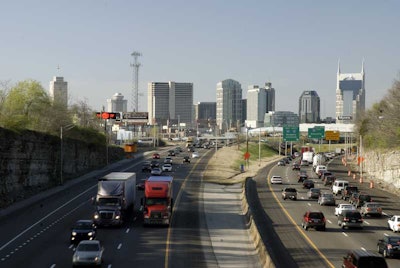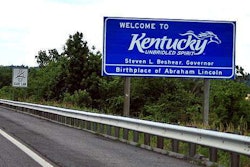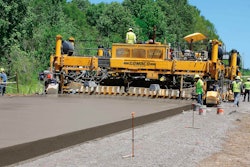
The plan has been in development for three years and was last updated in 2010. Middle Tennessee Connected covers seven counties, including Davidson, Maury, Robertson, Rutherford, Sumner, Williamson and Wilson.
“Today’s vote is another step forward in improving the region’s transportation network and protecting our quality of life,” say Portland Mayor Ken Wilber, who serves as the MPO executive board chairman. “Stakeholders throughout the region have worked hand‐in‐hand with the MPO staff to develop this plan, and great attention has been given to the selection of projects to ensure that our limited transportation funds make the greatest impact across the region.”
There are more than 200 projects proposed throughout the life of the plan, which are scheduled in three phases: short-term (2016-2020); mid-term (2021-2030); and long-term (2031-2040).
Local communities and transit agencies have identified several major capital projects as priorities. These include:
- Upgrading the interstate loop in downtown Nashville
- Incorporating rapid transit technology into the corridors between Nashville and Franklin, Gallatin and Mufreesboro
- Modernizing commuter rail service between Davdison and Wilson counties
- Providing a new transit option for commuters between Nashville and Clarksville
- Improving state routes in “fast growing” areas of Maury, Robertson, Williamson and Wilson counties
“While $8.5 billion sounds like a significant amount of funding, it is important to note that there were another 100 projects submitted by local jurisdictions that cannot be implemented at current funding levels,” says Michael Skipper, MPO executive director. “And, many of the projects scheduled for the next 10 to 20 years are improvements that were needed yesterday. In order to speed up project delivery and to address more of our transportation challenges, legislators at all levels of government must work to plug the gap in revenue.”
More information on Middle Tennessee Connected is available here.









